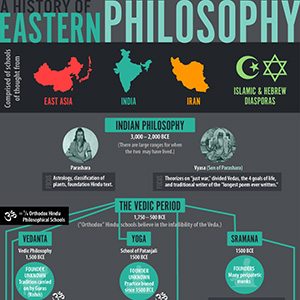Jay Garfield’s research may interest you or not, but his methodological musings are worth reading anyway. Here I linked to the interview where he compared the exclusion of Indian philosophy from syllabi, justified on the basis of the fact that there are already enough Western philosophers to work on and one does not have time to focus on anything else, to the exclusion of female philosophers based on the motivation that “We have already enough men whose works we need to study”.
Now, I have just read (the German translations of) an article of him on Polylog 5 (2000), which recounts his adventures in intercultural philosophy.
Category Archives: books/articles
Again on the IABS conference (Buddhist narrative panel)
Confluence: A new journal on comparative philosophy
How did comparative philosophy evolve in the last sixty+ years? What is the difference between intercultural philosophy and comparative philosophy? All the answers can be read in the introductory essay to the first number of a new journal dedicated to comparative philosophy, namely Confluence.
The long and learned introductory essay, by Monika Kirloskar-Steinbach, Geeta Ramana and James Maffie (who are also the journal’s editors)
Updates concerning the 3quarksdaily philosophical blog prize
Anand Venkatkrishnan on Vedānta, bhakti and Mīmāṃsā through the history of the family of Āpadeva and Anantadeva in 16th–17th c. Banaras
When, where and how did bhakti become acceptable within the Indian intellectual élites?
You can now vote the best philosophical blogpost UPDATED
…among the ones selected at 3quarksdaily, here. Scroll down for more details.
A chart of the “History of Eastern Philosophy”
Most readers will have already noted this chart of “Eastern Philosophy” at Superscholar.

Now, I have already commented about it at DailyNous, but the staff of Superscholars has written to me twice to advertise the map, so that I feel compelled to repeat my comment and some further ones here. I would also like to ask readers: Do you think these maps have some use at all? If so, for whom? Beginners or Advanced scholars?
Daya Krishna’s “Creative Encounters with Texts”
Daya Krishna was an Indian philosopher, a rationalist and iconoclast, who constantly tried to question and scrutinise acquired “truths”. The main place for such investigations was for him a saṃvāda ‘dialogue’. That’s why he also strived to organise structured saṃvāda inviting scholars from different traditions to debate about a specific problem. The minutes of such dialogues have been published in Saṃvāda and Bhakti.

…of the last year (that is, written after November the 9th 2013) here, before November the 17th.
Unfortunately, only the 100 most voted posts will be evaluated. It would be nice if a post dealing with non-Western philosophy could be at least nominated among those 100, so check whether you can support one which has already some votes!